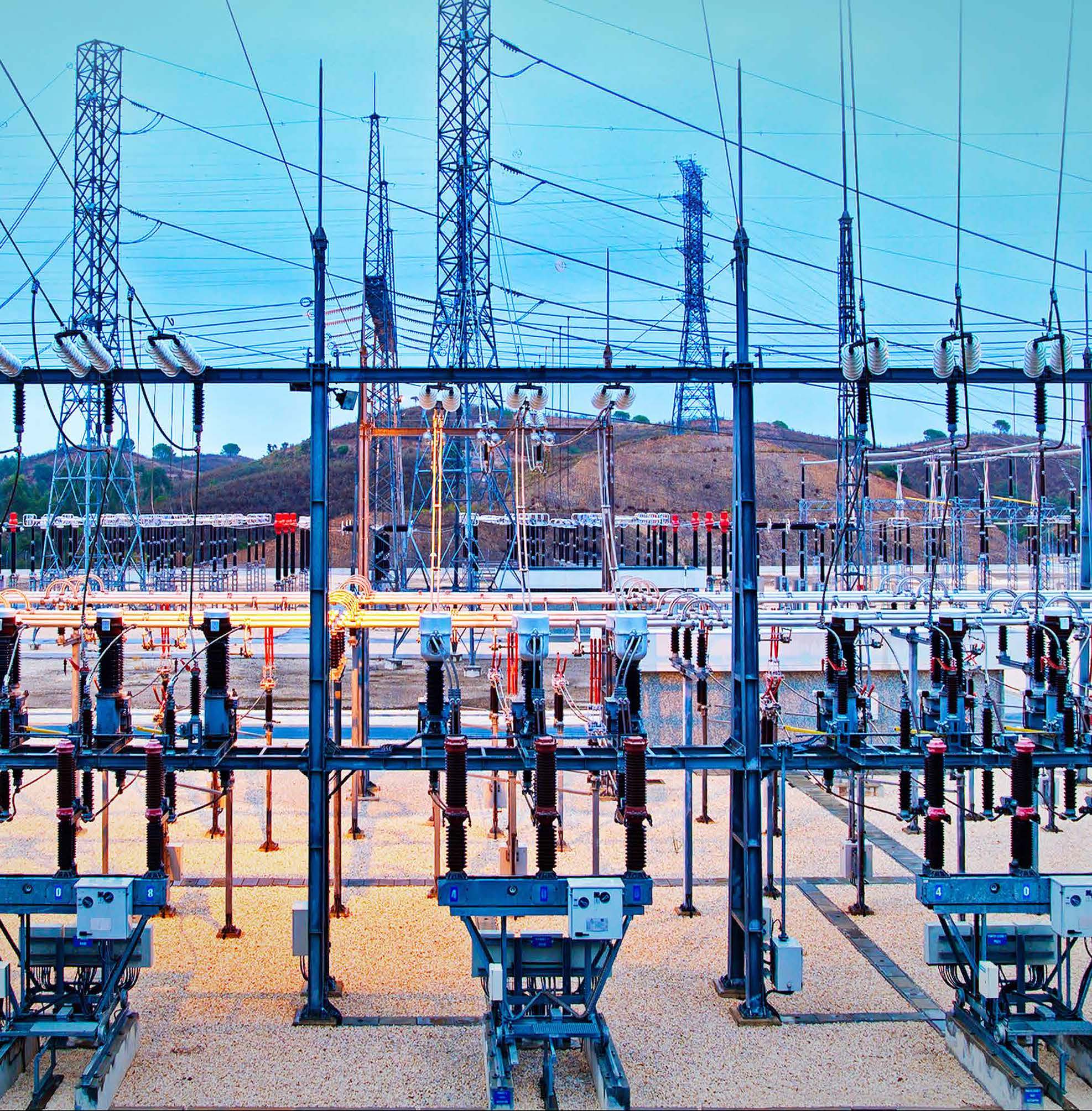-
Solutions
-
Locationing (RFID)
RFID solutions that simplify asset tracking, work in process, and yard management. -
Labeling
Streamline, automate, and integrate your label printing operations. -
GateKeeper Automated Door Scanning
Maximize shipping/receiving precision, swiftly flagging and resolving OS&D claims with the market's fastest advanced scanning solution. -
Industrial Automation
Data collection and labeling systems for the modern manufacturing workforce. -
Device Management
Device lifecycle management that simplifies and streamlines the support of your endpoint device environment. -
Barcode Scanning Solutions
Enterprise-grade barcode scanners that deliver consistent performance even in industrial manufacturing conditions. -
Mobility Solutions
Handheld, vehicle mount, wearable, RFID handheld, and tablet mobile computers that improve efficiency and productivity in even the harshest conditions.
-
-
Products
Products
Explore the hardware and technologies along with the supplies and consumables you need to increase productivity and efficiency.
-
Hardware / Technologies
Hardware and technology solutions to equip and prepare your workers for all use cases—from handhelds and vehicle-mounted computers to RFID and automated labeling with verification. -
Supplies / Consumables
Printing supplies and consumables for demanding applications ensure high print quality, durability and read performance, as well as reduced printer wear and tear.
-
-
Services
Services
Exceptional service from mobile computing and automation experts who understand your unique challenges.
-
Managed Services
Control all aspects of business-critical mobility with our simplified endpoint management platform. -
Repair Services
Comprehensive repair plans that meet your budget and service level needs. -
Wireless Networking
Ensure your network infrastructure can support the latest wireless technology and connected workflows. -
Application Services
Optimize your workflows while creating intuitive, efficient applications. -
Warehouse Signage
Streamline aisle identification and rack labeling optimizing processes with a total warehouse labeling solution. -
Wireless Site Surveys
Quickly identify connectivity issues and get your network back up and running quickly.
-
-
Industries
Industries
Industry-specific connected solutions that enable you to meet critical business goals faster with less risk.
-
Manufacturing
Intelligent, agile manufacturing solutions for the enterprise. -
Warehouse & Distribution
Enhance your warehouse and distribution workflows to create an agile, lean, and scalable supply chain. -
Food & Beverage
Improve supply chain visibility, efficiency, and accuracy from packaging to distribution. -
Transportation & Logistics
Unprecedented visibility into your supply chain so you can always deliver.
-
-
Partners
Partners
Strategic partnerships with technology companies on the cutting edge of technological innovation.
-
Zebra
When you need best-in-class enterprise-grade mobility solutions, look no further than Zebra. -
Honeywell
Honeywell's connected technology solutions are transforming the way the world works. -
SOTI
SOTI creates end-to-end enterprise mobility management solutions for the enterprise. -
SafetyChain
SafetyChain is the #1 Plant Management Platform that improves yield, maximizes productivity, and ensures compliance for process manufacturers. -
Cognex
Cognex vision helps companies improve product quality, eliminate production errors, lower manufacturing costs, and exceed consumer expectations.


-
-
Knowledge Center
Knowledge Center
Blog posts, case studies, ebooks, and more from industry thought leaders to guide you as your connected enterprise grows.
-
Case Studies
A growing collection of case studies on use cases for manufacturing, warehousing, and logistics enterprises. -
Blog Posts
Thought leadership for connected technology companies on the cutting-edge. -
Forms
Online forms, printable PDFs, questionaires, and surveys.
-
-
About Us
About Us
Work with a team dedicated to helping businesses simplify their connected technology transformation.
-
Careers
We’re building a team of passionate individuals who inspire others through service and innovation. -
Meet The Team
Our team is passionate about helping you achieve your business goals. -
News
The latest industry information and updates on AbeTech's company objectives.
-
